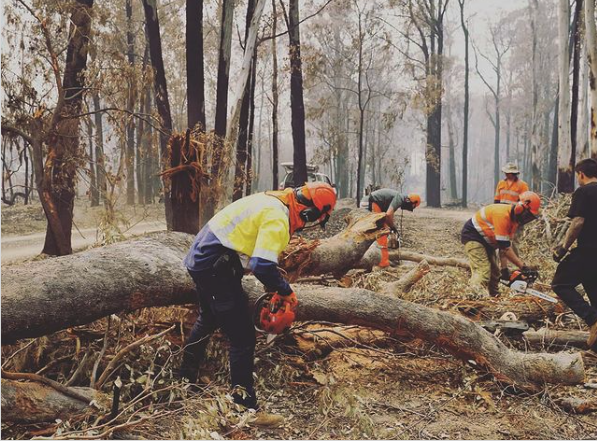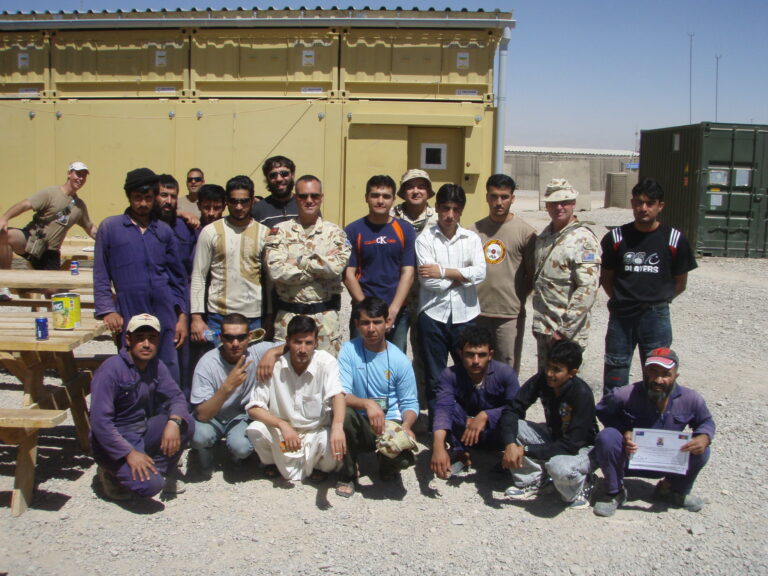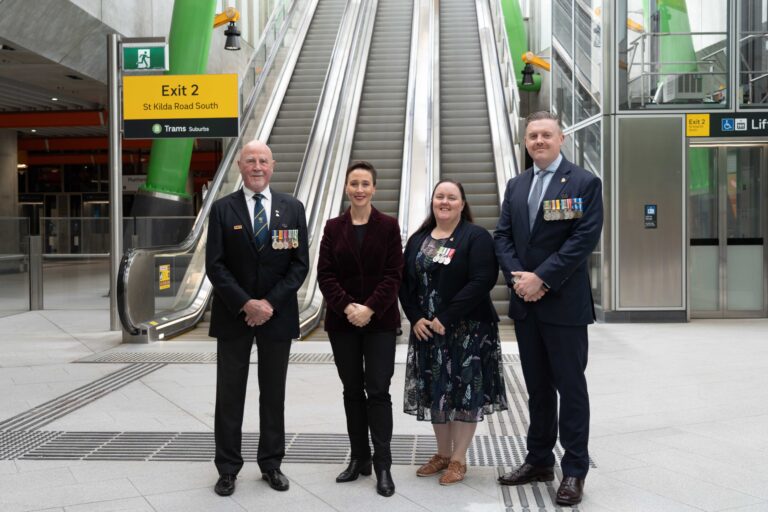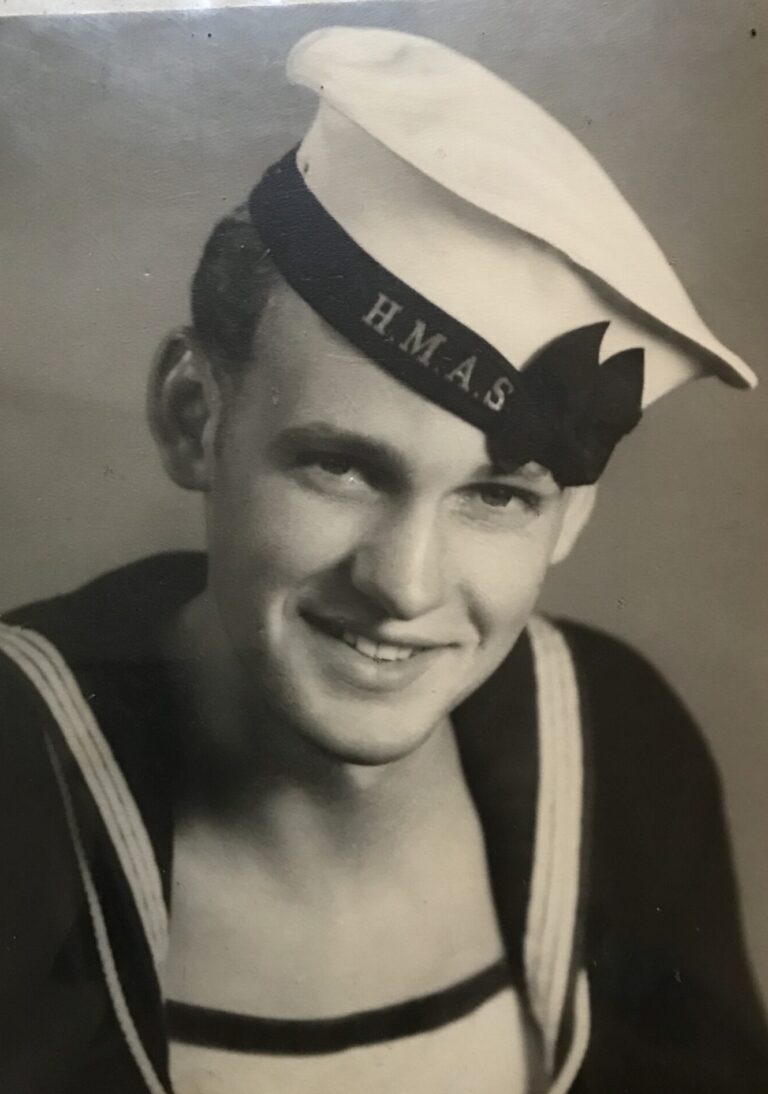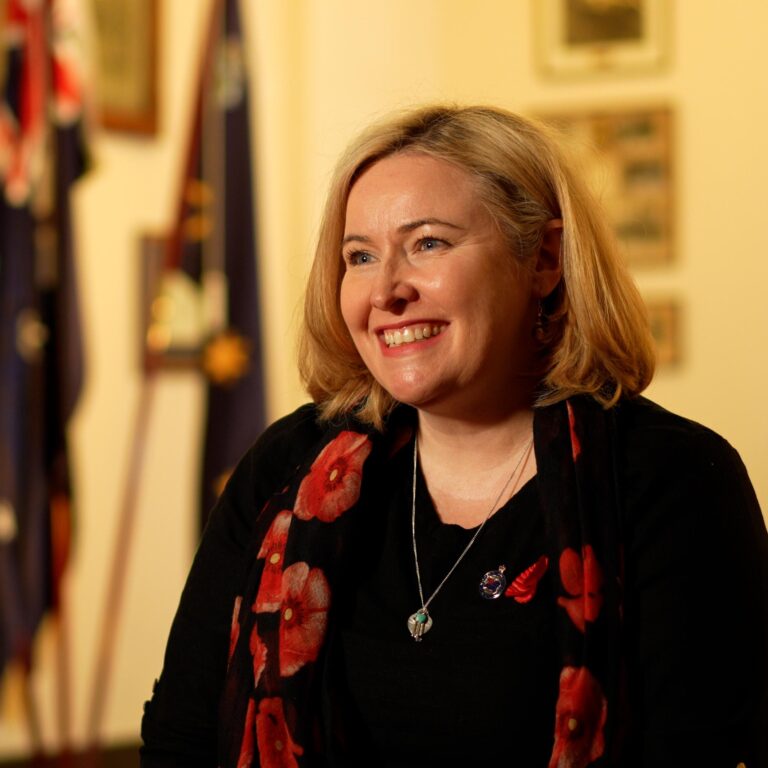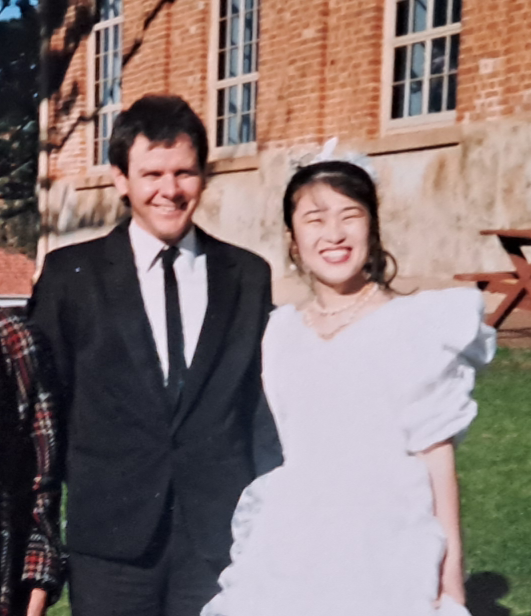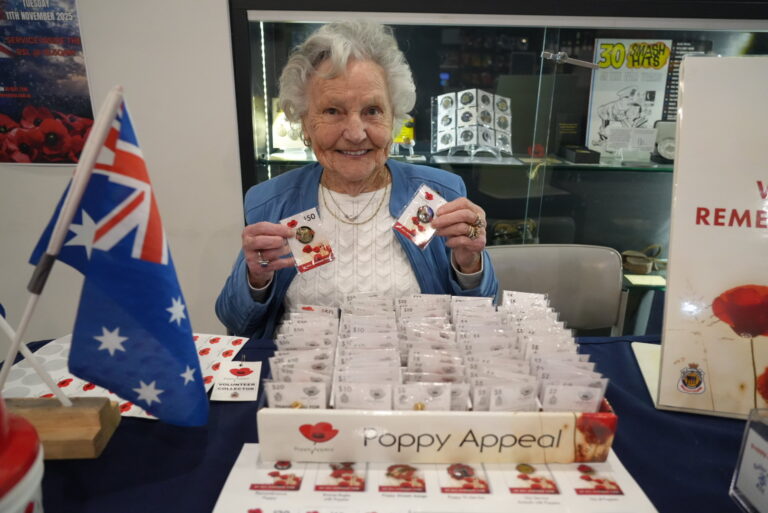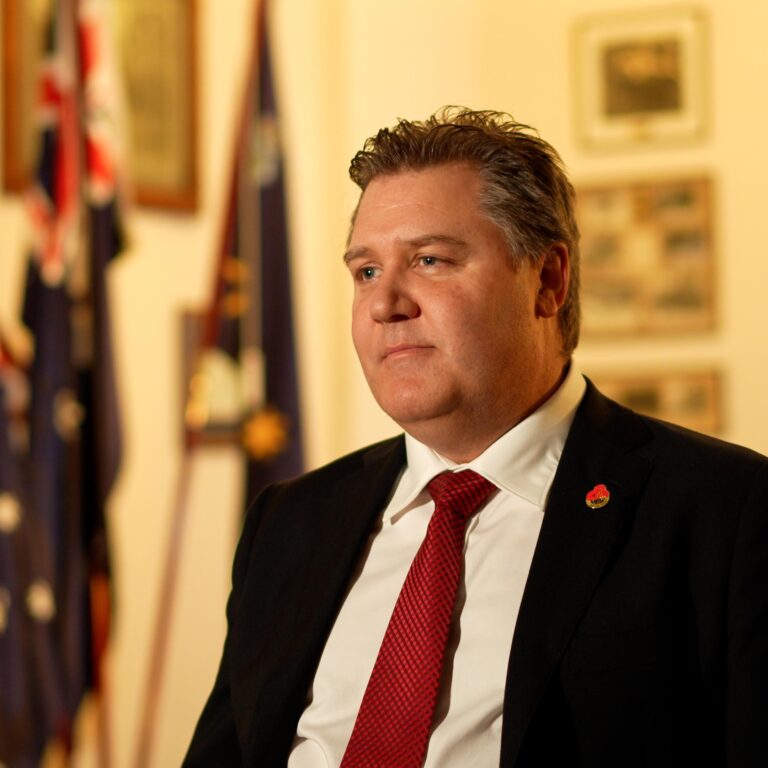Find What You’ve Got. Make It Work – Nursing in a Warzone

Written by Aileen Phillips
20 September 2022
Responding to a call for nurses in the military, Julie Jenkins began her career with the Royal Australian Air Force (RAAF) in 1998. There was no way she could have foreseen what was coming her way. Just six months into her almost 10-year service with the RAAF, the last opportunity she could have imagined came knocking.
Julie remembers blurting out, “yes”. But it quickly dawned on her she had just committed to a deployment to East Timor as a medic. A wave of doubt washed over her.
“Oh my God, what the hell am I thinking. I’m not ready for this. I can’t do this.”
Some encouraging words, and a quick turnaround time followed. Before she knew it, she arrived in Dili, which would be home for the next six months. She was tasked with establishing the United Nations Hospital based at the Dili Museum.

“From the outside of the building, the museum was all still intact. But there was rubbish everywhere. People were sleeping, defecating, eating, everything all in the one area. It was just a mess. People were hiding out wherever they could.”
JULIE JENKINS
As with all civil -uprisings, wars and hostilities, medical problems do not discriminate. The makeshift hospital quickly filled with innocent civilians, militia, United Nations personnel and international service men and women. Julie was part of a team treating a range of medical needs.
“The medium dependency unit was in the bottom of the museum. Then we had an infectious disease tent and then we had two tents for a low dependency unit as well. We had shipping containers that converted into a theatre and the two- bed Intensive Care Unit. They had shipping containers, which were used for pathology so that we could do testing and blood work.”
A stark contrast to life as a nurse in Australia, Julie had to overcome one obstacle after another, including language barriers and sparse medical equipment.
“Look at what you need, find what you’ve got and then make it work.”
JULIE JENKINS
She was confronted with wounds she had never encountered, remembering treating machete gashes to skulls and limbs. Her deployment was also filled with day trips around the country to treat people who could not get to the hospital.
“We went up to one of the hills and got to extract a tooth. It was in a dirt floor shed thing.”
Despite patients coming and going in her life, the memories of some remain with her to this day.
“We looked after a young local who was helping out and threw petrol on to a bonfire to get it going and ended up burnt. By the time we left, he was learning how to run again. I often wonder where he is at, how’s he doing and what’s happened to him.”
Amid tragedy and chaos, there were heart-warming moments too.
“Two cousins found each other. They’d been hiding from the militia for months and the young boy walked in and the young girl that was an interpreter with us just burst into tears.”
JULIE JENKINS
As a medic, Julie considers herself a nurse first and soldier second. But when the tables turned, a rather confronting experience ensued. While on security duty at the front gates, two men approached her. One was a priest.
“They handed me a plastic bag containing a handgun…we had to bring them into the compound, search them and we found out they were actually working with the militia. They wanted to bring themselves forward and hand the weapon in.”
The thought of returning home filled Julie with excitement and apprehension.
“My life had stopped for six months whilst I was in East Timor and everybody else’s life at home continued without me.”

The people Julie returned to had to get used to a very changed person.
“I was quite introverted when I first joined the military. I found my voice, I had to. As I said to mum, if I didn’t find my voice people would have walked over me and, you know, I had to stand up for what I needed to do and be heard.”
Luckily, Julie could close her East Timor chapter after returning for her second deployment there in 2003.
“East Timor had completely changed since I was there. Stalls had stuff on it, there were full of shops with DVDs, white goods and TVs, restaurants and bars. It had become quite westernised. There were people everywhere.”
Julie progressed her career in the RAAF, studying further and climbing the ranks, before discharging as a Corporal, in the role of Acting Sergeant.
Since then, the 43- year- old mother of two has been working as the Health Services Manager at Beechworth Correctional Centre in Victoria’s north-east.


